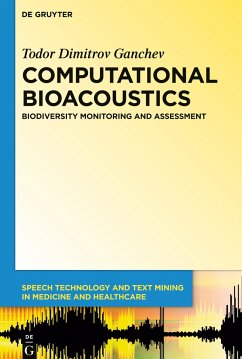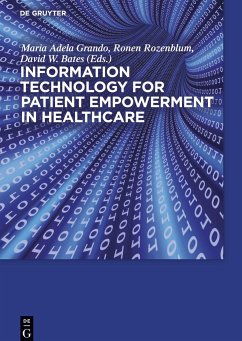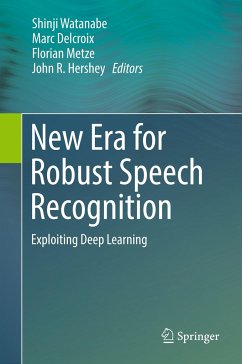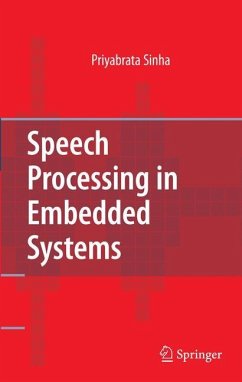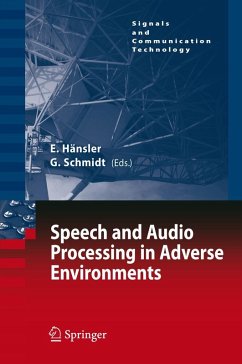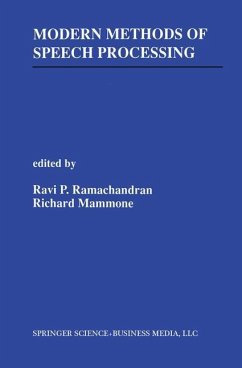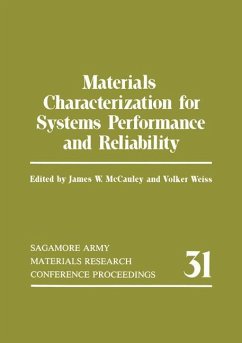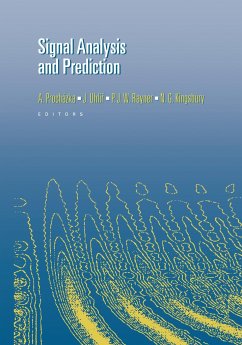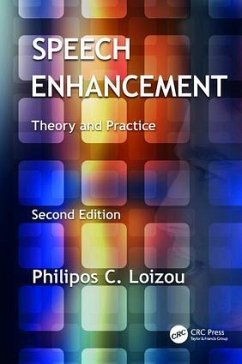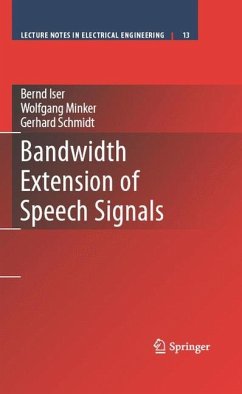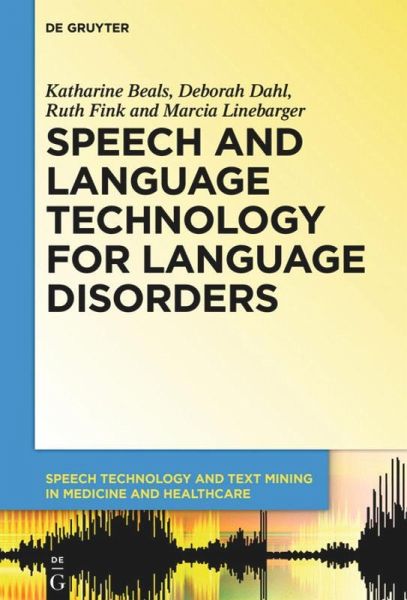
Speech and Language Technology for Language Disorders
Versandkostenfrei!
Versandfertig in 6-10 Tagen
84,95 €
inkl. MwSt.
Weitere Ausgaben:

PAYBACK Punkte
0 °P sammeln!
Speech and Language Technology for Language Disorders draws on recent remarkable advances in speech and language processing, taking us beyond basic medical dictation and telephone self-service, areas commonly associated with speech technology, to address a wide range of complex speech and language disorders, including autism, aphasia, and Specific Language Impairment. Technologies discussed include speech recognition, text to speech, natural language understanding, dialog systems, and other technologies that support language production or comprehension. Software incorporating linguistic technologies can provide objective, consistent, and tireless responses, as well as other support to language-impaired users. This book, beyond reviewing existing software, discusses general issues, including the principles of using speech and language software for language deficits, how different types of feedback apply to specific disorders, and the challenges of using these technologies with special populations.
This book draws on the recent remarkable advances in speech and language processing: advances that have moved speech technology beyond basic applications such as medical dictation and telephone self-service to increasingly sophisticated and clinically significant applications aimed at complex speech and language disorders. The book provides an introduction to the basic elements of speech and natural language processing technology, and illustrates their clinical potential by reviewing speech technology software currently in use for disorders such as autism and aphasia. The discussion is informed by the authors' own experiences in developing and investigating speech technology applications for these populations. Topics include detailed examples of speech and language technologies in both remediative and assistive applications, overviews of a number of current applications, and a checklist of criteria for selecting the most appropriate applications for particular user needs.
This book will be of benefit to four audiences: application developers who are looking to apply these technologies; clinicians who are looking for software that may be of value to their clients; students of speech-language pathology and application development; and finally, people with speech and language disorders and their friends and family members.
This book will be of benefit to four audiences: application developers who are looking to apply these technologies; clinicians who are looking for software that may be of value to their clients; students of speech-language pathology and application development; and finally, people with speech and language disorders and their friends and family members.




